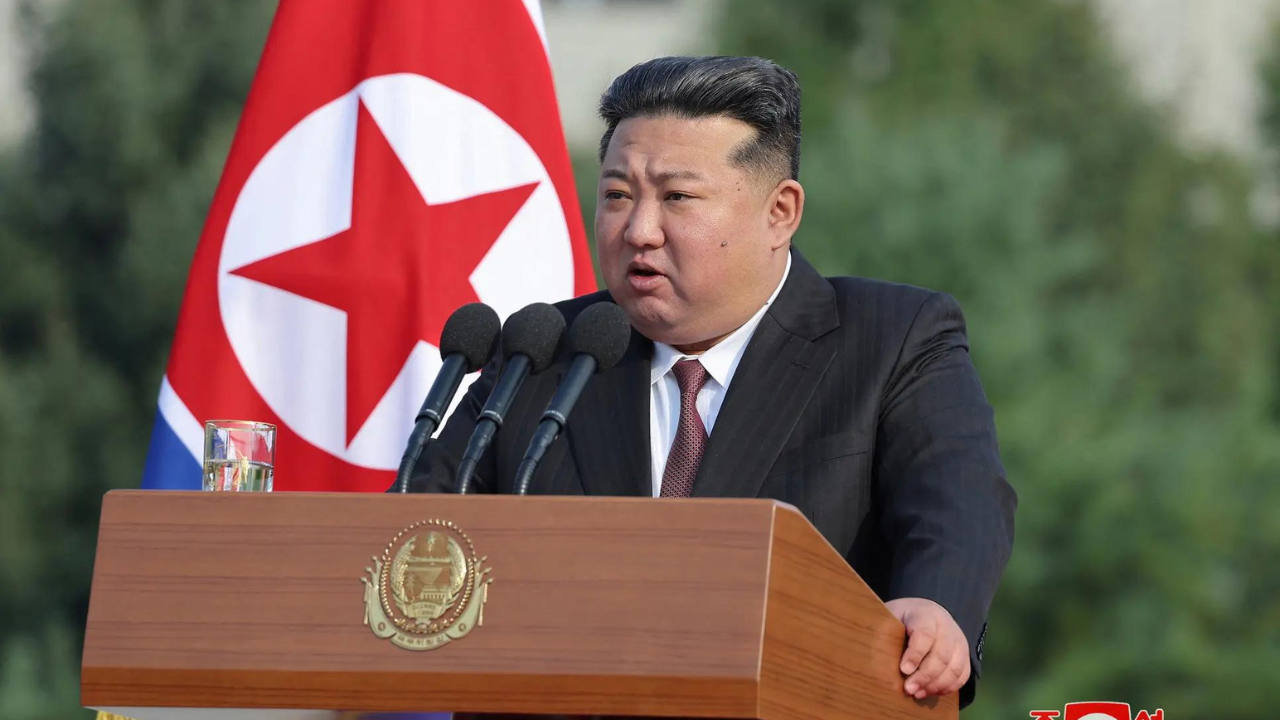
RECENT developments indicate that the country's balance of payments (BoP) is increasingly sensitive to changes in portfolio flows and risk-on/risk-off episodes, Nomura said in a report released on Monday.
The BoP — a summary of a country's transactions with the rest of the world for a specific period — was said to have undergone two structural changes over the past 10 years: a shift to a current account deficit (CAD) and a larger capital and financial account surplus driven by external loans made by the government.
"The composition of the capital and financial surplus has changed, with external loans now larger than net FDI (foreign direct investment), which indicates a new way of CAD financing," Nomura said.
"A closer look at these loans shows a healthy pipeline through 2025, but the drawn-downs are irregular and only partially converted into local currency, contributing to BoP volatility," it added.
Nomura said it was keeping its CAD forecasts for this year and the next at deficits equivalent to 2.3 percent and 2.5 percent of gross domestic product.
The shortfall is largely being driven by a goods trade deficit, it noted, adding that the country is lagging behind its regional peers with goods exports relatively flat in recent years.
This, it continued, likely reflects "the lack of industrial policy to move up the value chain, particularly in the electronics sector" that accounts for some 60 percent of merchandise exports.
The CAD is now being increasingly financed by "other investments" that in turn are dominated by external loans made by the government to fund anti-Covid programs.
Aside from exceeding net FDI, Nomura said that external loans appear more volatile.
"The volatility of external loans from a BoP perspective is because actual drawdowns by the government are irregular throughout the year and often lumpy, especially for program loans," it explained.
"The good news is that, for program loans, there is a healthy pipeline," Nomura continued, with $4.2 billion of drawdowns budgeted for next year albeit lower than this year's $5.4 billion.
"The balance of $2.5 billion provides an extra buffer, if program implementation speeds up."
Nomura suggested that the "broad basic balance" be considered, instead of just net FDI and the CAD, in gauging underlying external imbalances.
"The deficit in the broad basic balance suggests a high reliance on net portfolio investment, which has improved markedly in recent months," it said.
"However, these are historically volatile flows and largely driven by debt securities rather than equity flows ... and yet interestingly, net portfolio inflows do not seem to be highly sensitive to changes in interest rate differentials with the US."
The BSP last week raised its BoP projections for 2024 and 2025, forecasting surpluses of $2.3 billion and $1.7 billion, respectively, from $1.6 billion and $1.5 billion.
The country recorded a BoP surplus of $3.7 billion last year. As of the second quarter of this year, the BoP was in surplus at $1.4 billion.
Read The Rest at :







